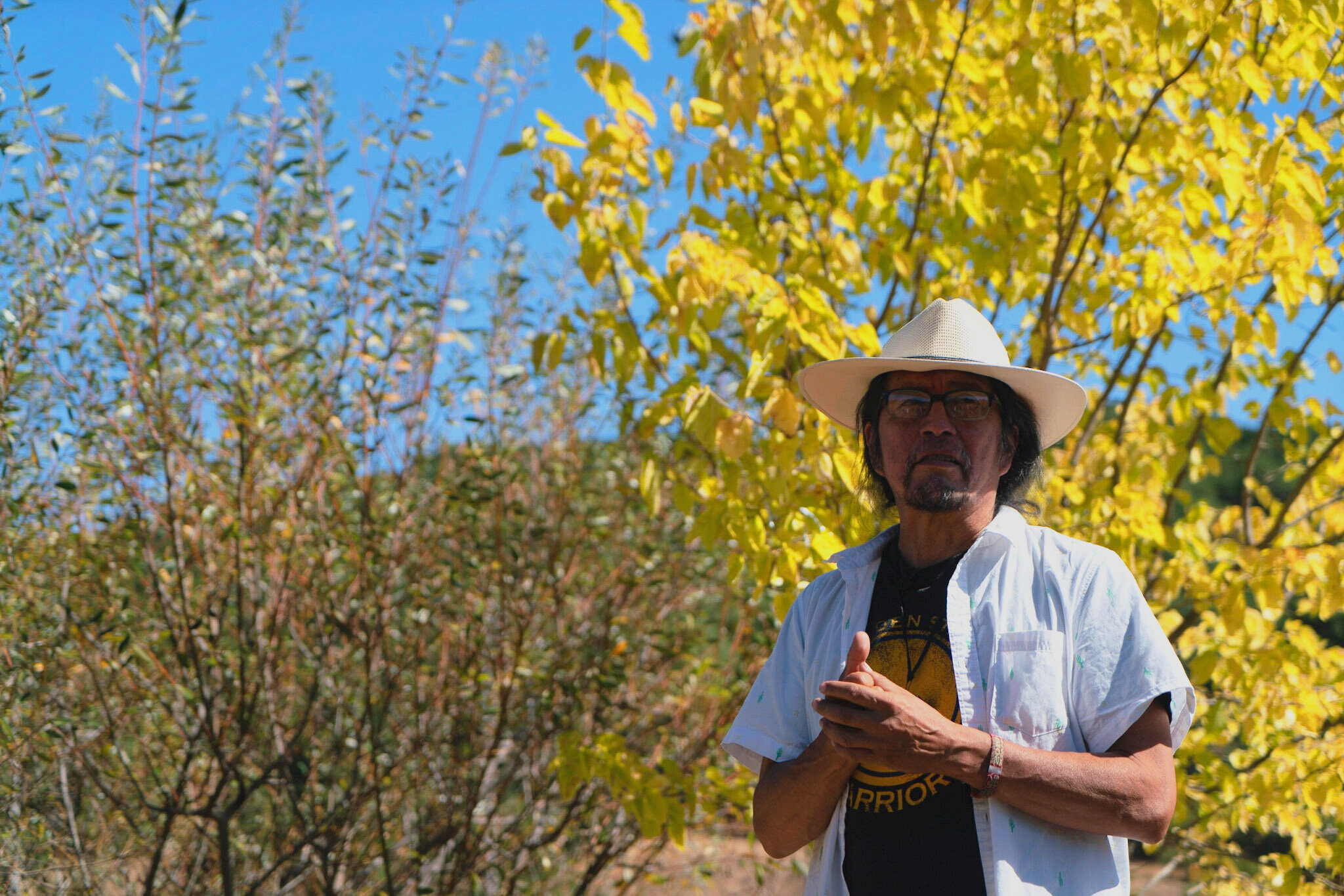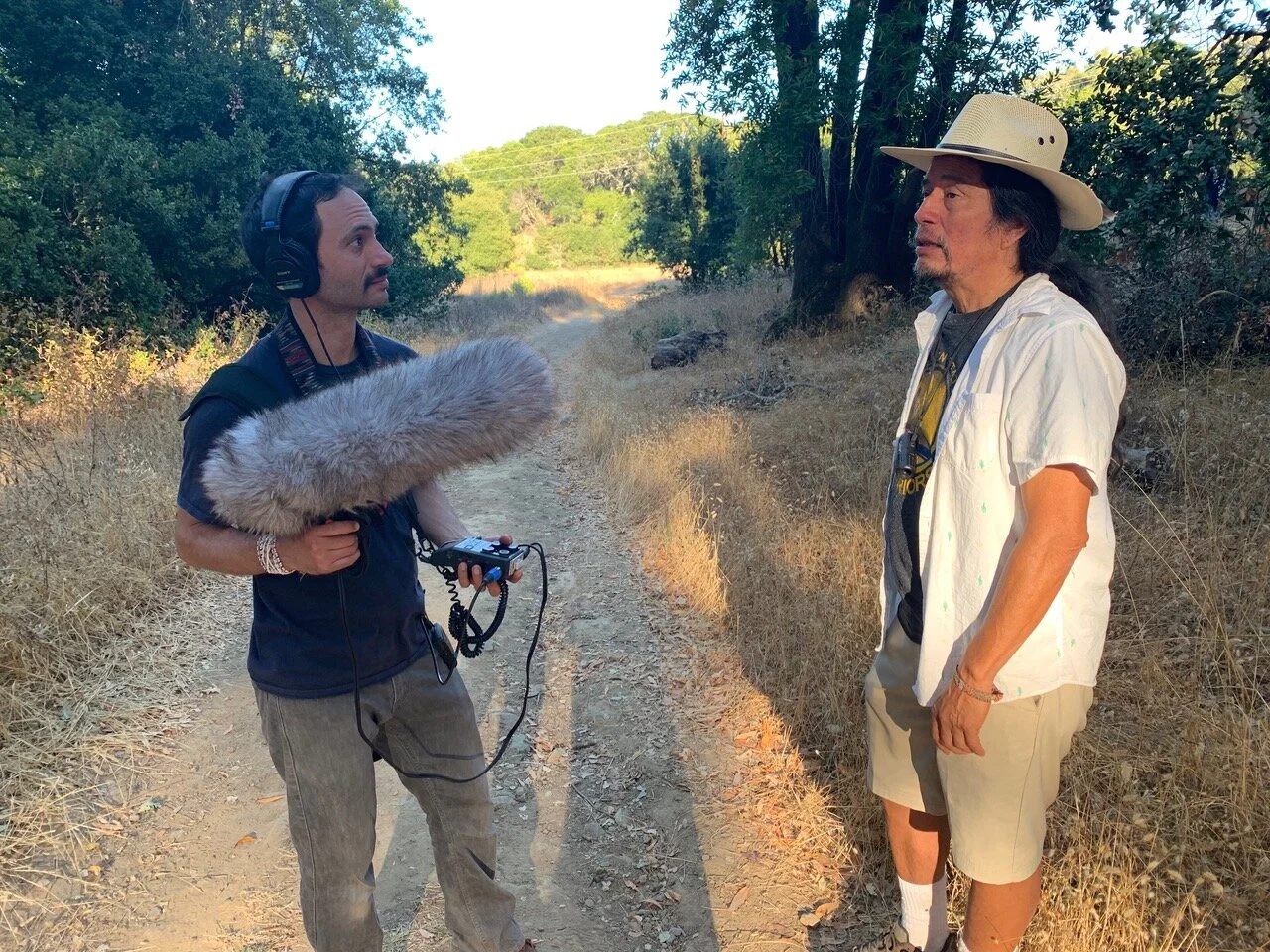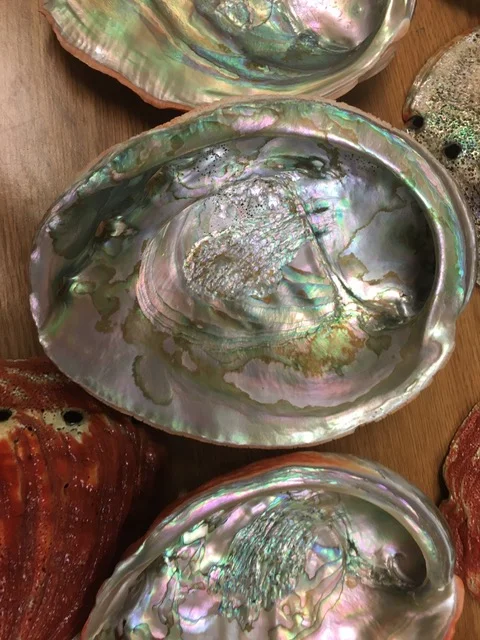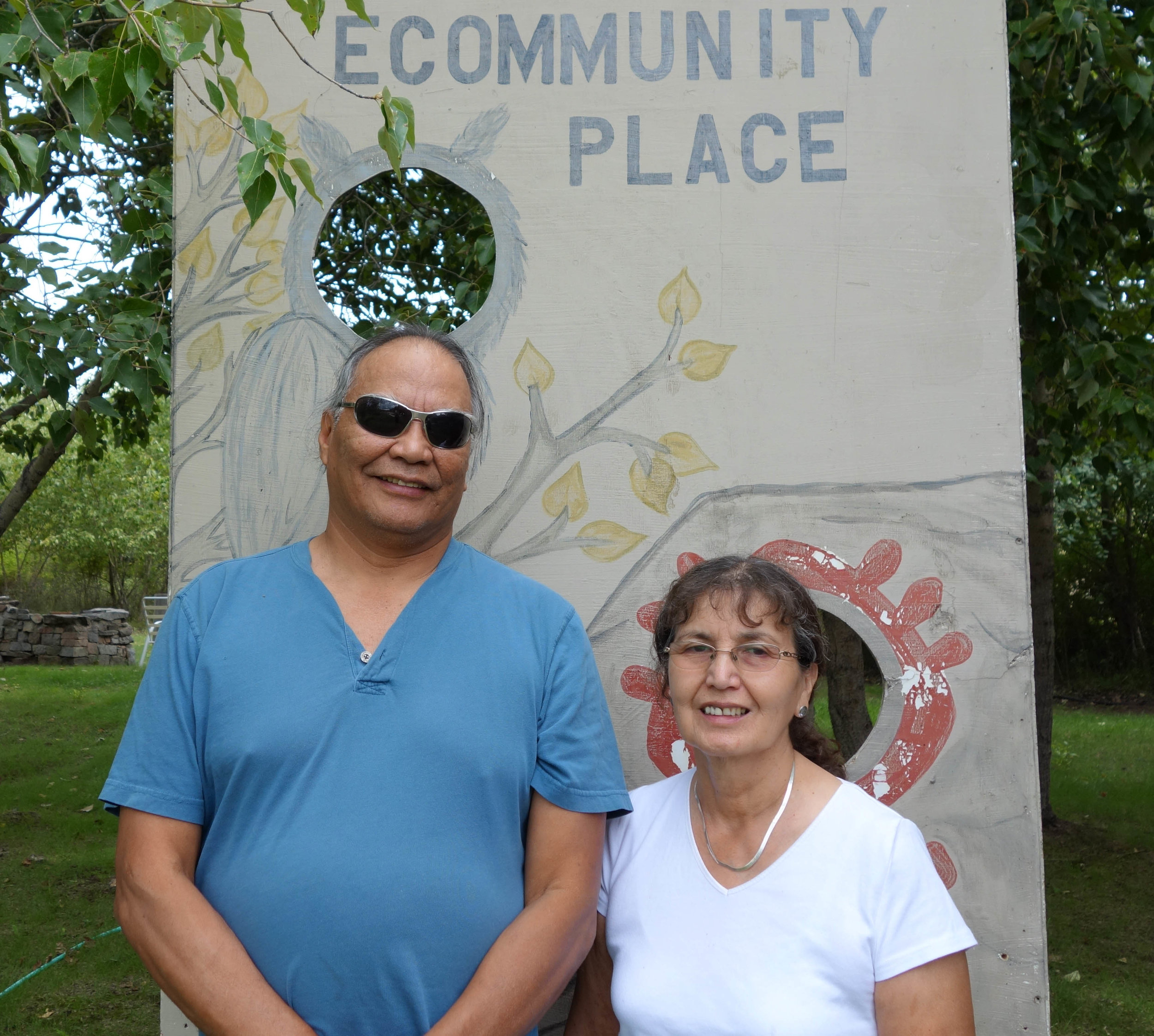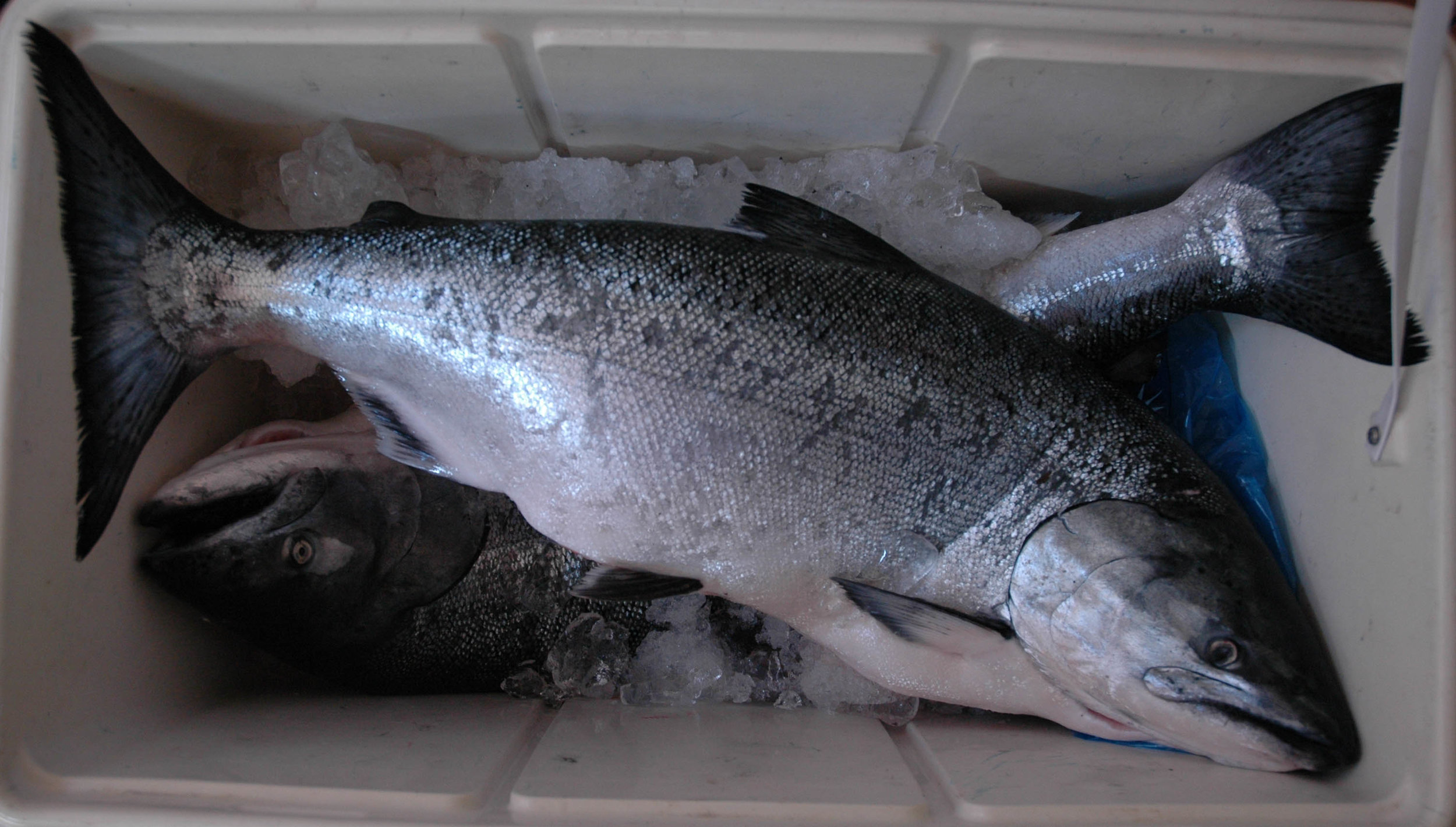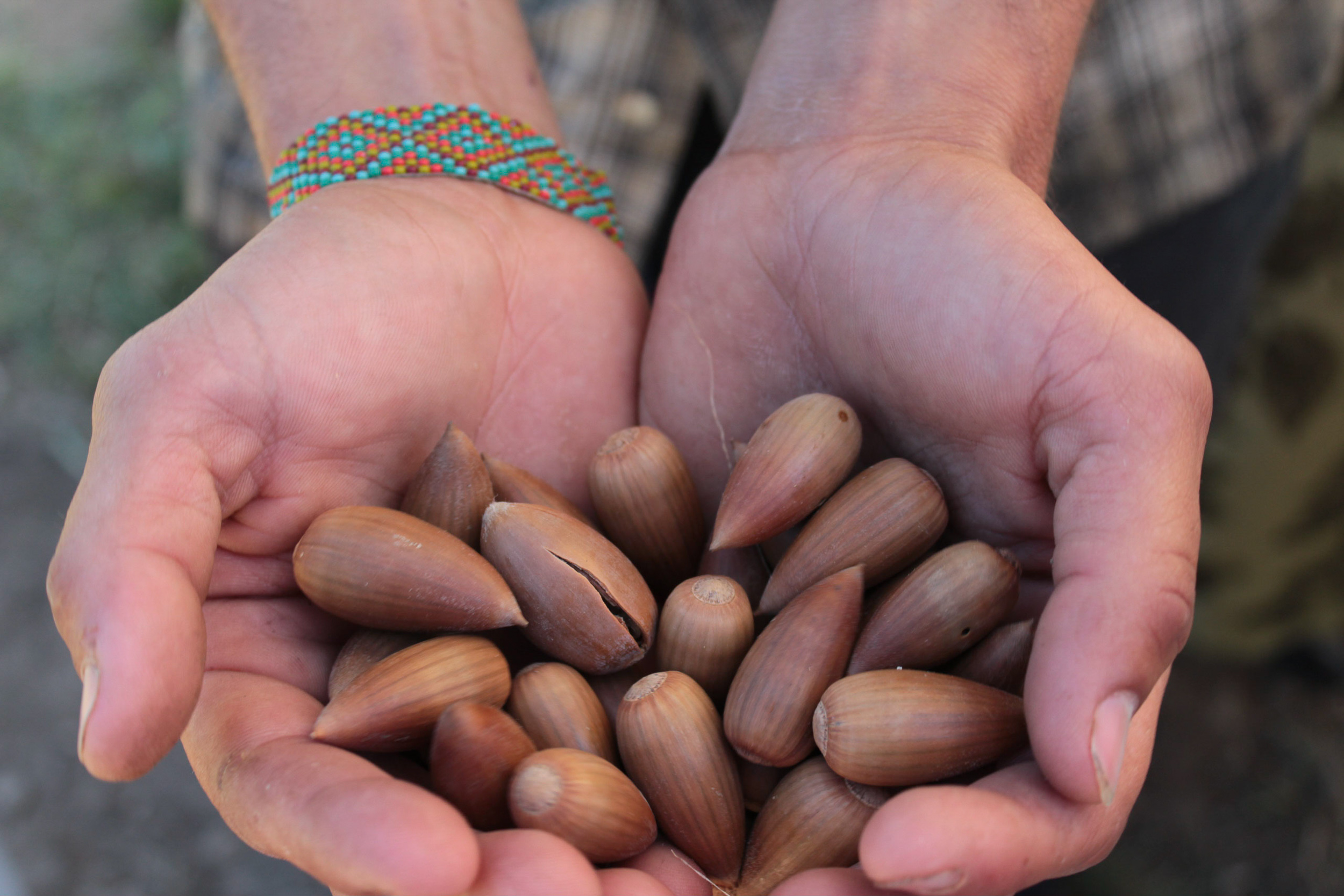Speaker: Redbird (Edward Willie) | Air Date: January 11, 2020 | Run Time: 42mins | The Native Seed Pod: Season 2
Rekindling Native California Ecologies - Part 2
Redbird demonstrates ‘fired’ dogbane cordage.
Knowledge-keeper Redbird delivers a richly detailed message celebrating diversity and enlightening us with part of what he calls The Operating Manual for Taking Care of California, during The Cultural Conservancy’s annual Spring Planting Day.
Redbird teaches how Native Californians co-created the landscape using "mild disturbance," fire, seeding, and seasonal harvesting rotations to increase diversity and cultivate an ecosystem so vibrant and abundant that it was able to support huge populations of people and animals previously thought impossible without conventional agriculture.
““When the first settlers came to California, a lot of their comments were talking about how California looked like a park, a well-managed park…. and one of the big tools to make that happen was fire.””
About Redbird
Edward Willie, a true Native of California—Pomo, Wintu, Paiute, and Wailaki—is a native ecologist and Traditional Ecological Knowledge keeper in the realms of traditional skills, permaculture, basket weaving, herbalism, and regalia-making. After graduating from UC Berkeley with a degree in Native Studies, Redbird continued a self-education fueled by his desire to uncover and rekindle the cultural earth-based knowledge of California Indians. Also an artist—drawing, painting, and sculpture—Redbird has been a core organizer of the annual Buckeye Gathering, a gathering in support of ancestral arts held in Northern California.
For more information about the traditional Dogbane site discussed in this episode, and The Cultural Conservancy’s role in helping to protect it, see this short article by TCC co-founder Claire Cummings from TCC’s 1998 Newsletter
Additional Resources
Interview: Mindful Foraging
May 2018, Pacific Sun
Interview: Lessons from a Fire Ecology
April 2018, Made Local Magazine
“Fire Forward: Building Ecosystem Resilience Together” - Controlled Burning information for Sonoma County in Audobon Canyon Ranch’s Conservation in Action
CREDITS
Host/Writer/Director: Melissa K. Nelson
Producer: Sara Moncada
Co-producer and photographer: Mateo Hinojosa
Audio Editor and Engineer: Colin Farish
Production Assistant: Teo Montoya
Additional photography: Leilani Clark
Songs (in order of appearance):
Final song credit: Grandmother Moon Song by Ayapish Slow, from Songscapes of Native America CD. Read about the details of this release here.




